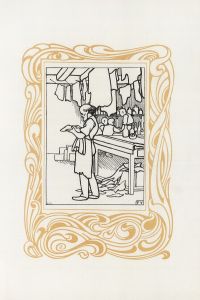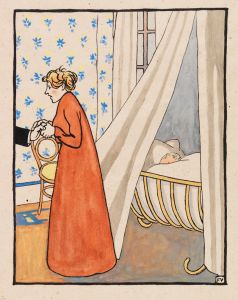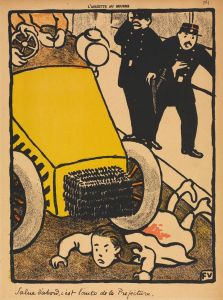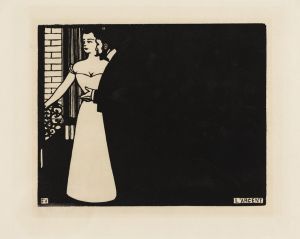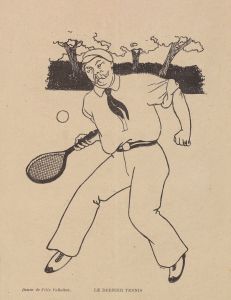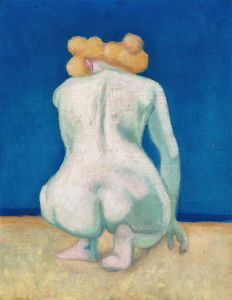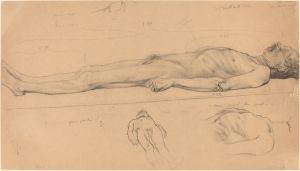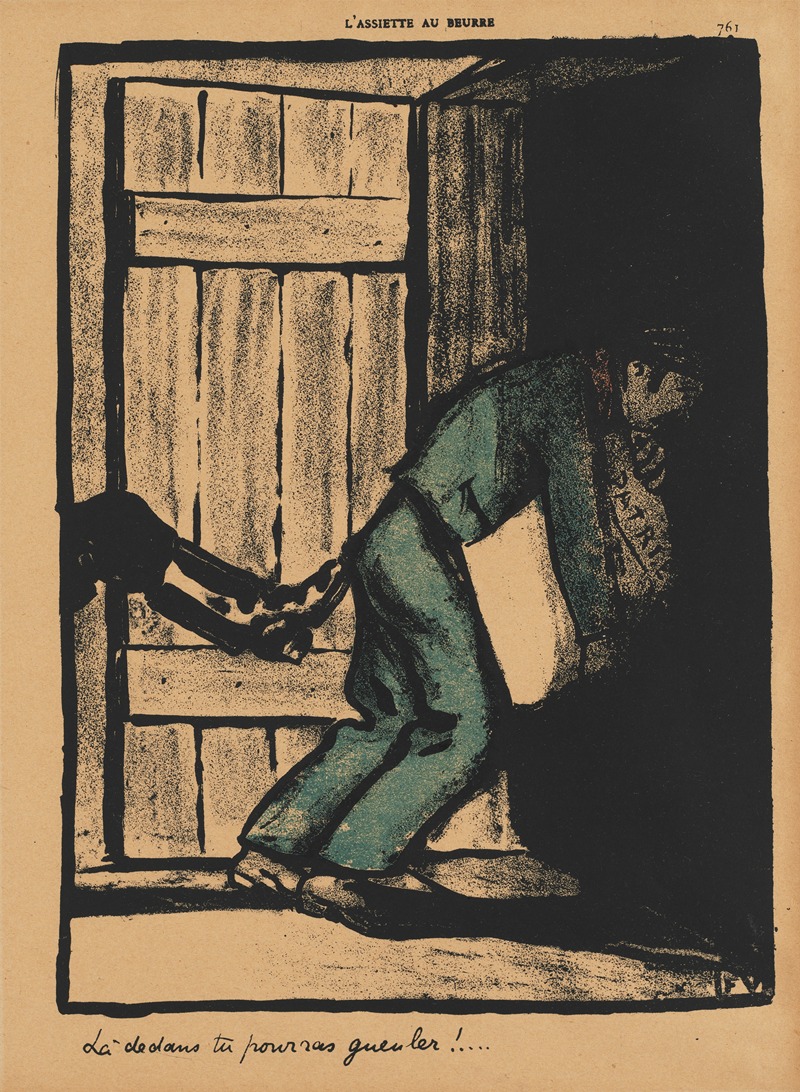
Crimes And Punishments; You can bawl…
A hand-painted replica of Félix Vallotton’s masterpiece Crimes And Punishments; You can bawl…, meticulously crafted by professional artists to capture the true essence of the original. Each piece is created with museum-quality canvas and rare mineral pigments, carefully painted by experienced artists with delicate brushstrokes and rich, layered colors to perfectly recreate the texture of the original artwork. Unlike machine-printed reproductions, this hand-painted version brings the painting to life, infused with the artist’s emotions and skill in every stroke. Whether for personal collection or home decoration, it instantly elevates the artistic atmosphere of any space.
Félix Vallotton was a Swiss-French painter and printmaker associated with the post-impressionist movement and the group of artists known as Les Nabis. Vallotton was known for his distinctive style, characterized by flat areas of color, strong outlines, and a keen sense of composition. His works often explored themes of intimacy, domestic life, and the complexities of human relationships.
"Crimes And Punishments; You can bawl…" is one of Vallotton's lesser-known works. While specific details about this particular painting are scarce, it is consistent with Vallotton's broader body of work, which frequently delved into themes of morality, social critique, and the darker aspects of human nature. Vallotton's art often reflected his interest in the psychological undercurrents of everyday life, and he was known for his ability to capture the tension and drama inherent in seemingly mundane scenes.
Vallotton was born on December 28, 1865, in Lausanne, Switzerland, and later moved to Paris, where he became an integral part of the avant-garde art scene. He joined Les Nabis, a group of young artists who were influenced by Paul Gauguin and sought to break away from the traditional approaches of academic art. Vallotton's work during this period was marked by a bold use of color and a focus on the emotional and symbolic potential of his subjects.
Throughout his career, Vallotton was also a prolific printmaker, and his woodcuts were particularly influential. His prints often depicted scenes of urban life, social issues, and personal relationships, rendered in a style that was both stark and expressive. Vallotton's ability to convey complex narratives through simple, yet powerful imagery was a hallmark of his work.
"Crimes And Punishments; You can bawl…" likely fits within Vallotton's exploration of societal themes and human behavior. His works often contained an element of irony or critique, reflecting his interest in the moral ambiguities and contradictions of modern life. Vallotton's paintings and prints frequently depicted scenes of tension, conflict, and introspection, inviting viewers to consider the underlying motivations and emotions of his subjects.
Félix Vallotton's contributions to art were significant, and his works continue to be studied and appreciated for their unique perspective and innovative approach. He passed away on December 29, 1925, in Paris, leaving behind a rich legacy of paintings and prints that continue to resonate with audiences today.
While specific information about "Crimes And Punishments; You can bawl…" is limited, it is clear that Vallotton's broader oeuvre reflects his keen observation of human nature and his ability to convey complex themes through his art. His work remains an important part of the post-impressionist movement and continues to be celebrated for its originality and depth.





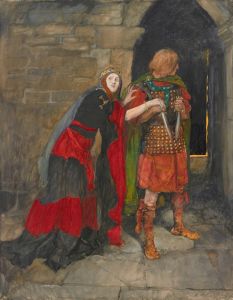

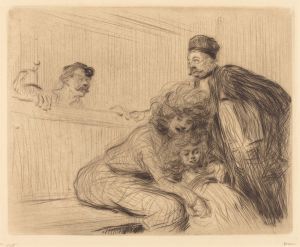
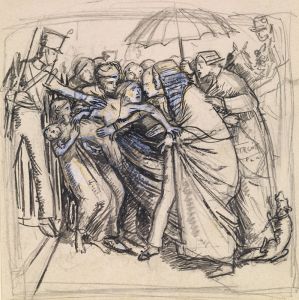
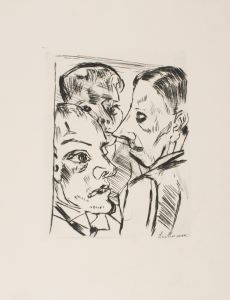
![Do Not Lose Honour through Fear [Folly of Fear]](/imgs/264599/s/francisco-de-goya-do-not-lose-honour-through-fear-folly-of-fear-9078775b.jpg)

